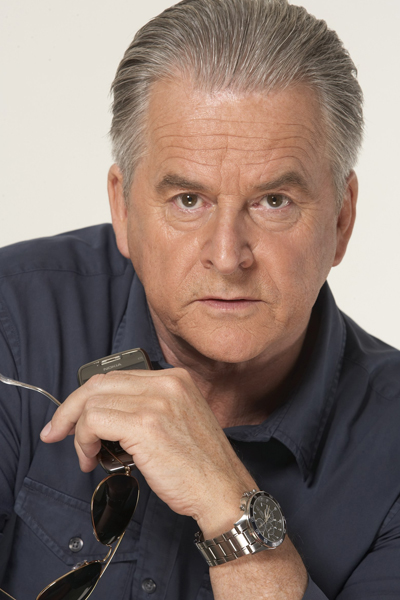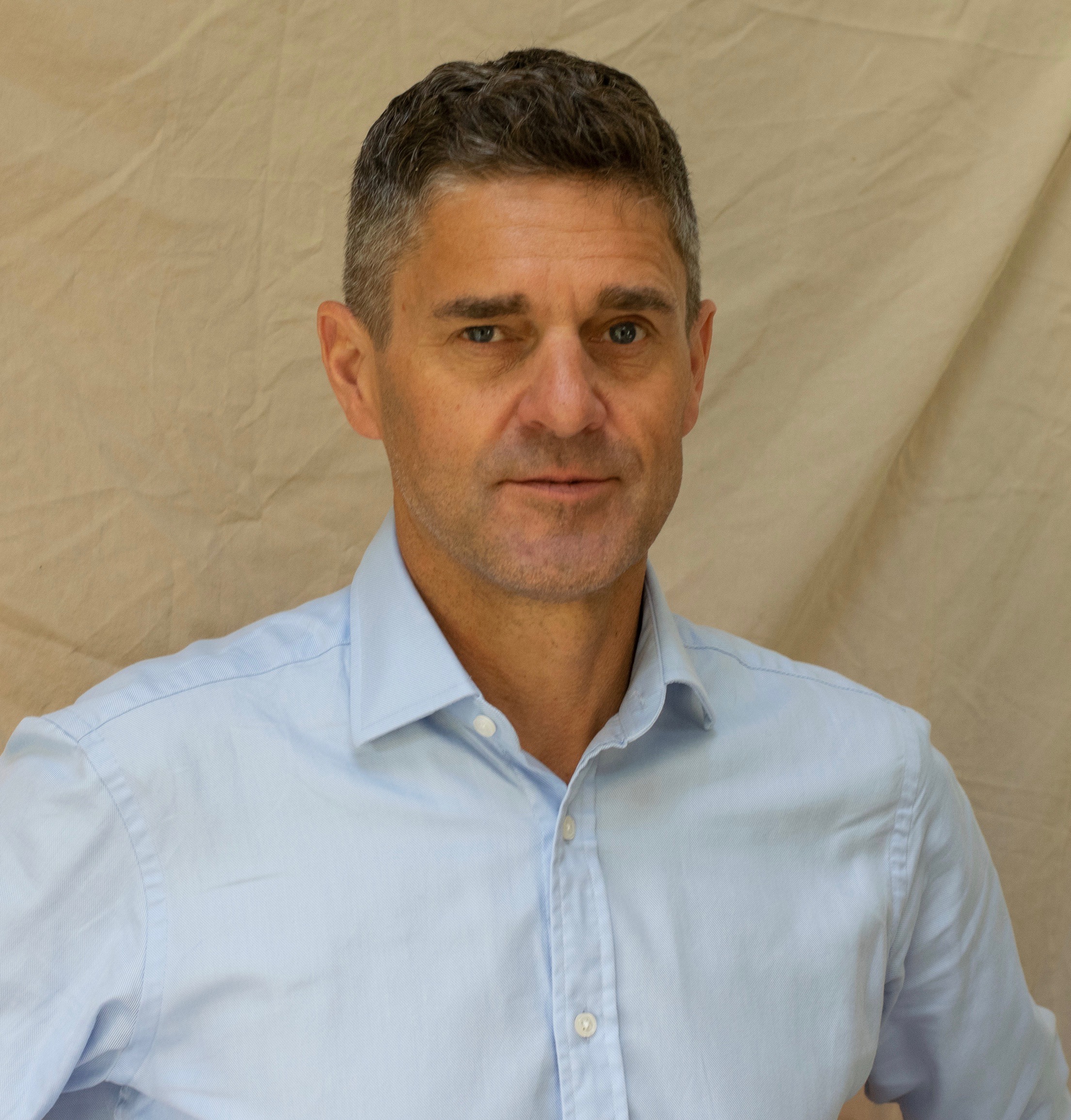A quick chat with Trevor Eve

The latest updates, reviews and unmissable series to watch and more!
You are now subscribed
Your newsletter sign-up was successful
Want to add more newsletters?

ONCE A WEEK
What to Watch
Get all the latest TV news and movie reviews, streaming recommendations and exclusive interviews sent directly to your inbox each week in a newsletter put together by our experts just for you.

ONCE A WEEK
What to Watch Soapbox
Sign up to our new soap newsletter to get all the latest news, spoilers and gossip from the biggest US soaps sent straight to your inbox… so you never miss a moment of the drama!
Trevor Eve plays a hostage negotiator in the tense new ITV1 drama Kidnap and Ransom... Following the release of Paul and Rachel Chandler last November after being kidnapped from their yacht and held hostage by Somali pirates for more than a year, ITV1’s gripping new drama Kidnap and Ransom couldn’t be more topical. The three-part series stars Trevor Eve as Dominic King, an expert hostage negotiator working for a private company which specialises in executive safety for major corporations. When British businesswoman Naomi Shaffer (Emma Fielding) is kidnapped in South Africa, King believes he’s dealing with a straightforward case – pay the money, get her back. But when the release is botched, he realises there are bigger forces at work and he must draw on all his experience to avoid a fatal conclusion. TV&Satellite Week magazine caught up with Eve to find out more... Tell us about the research you undertook for the drama “We found a company that specialises in this sort of thing. They were in the middle of some major Iraq negotiations and we followed them for a while and modelled our group of personnel on them. Helen Baxendale plays a character who is the media and business side of the firm, and then there is what they call the fly-forward guy, who is me, the muscle and the person who is working in the office with aspirations to eventually become a negotiator. One of the few female negotiators that we met was incredible. She came into the office and said, ‘Sorry, I’ve got to keep my phone on because I’m expecting a call from Somali pirates.’ We just stared at this phone... it was just the most exciting line anyone has ever given walking into an office.” What’s your character Dominic’s background? “He had a brief tour of the Middle East, but his major work was in Kosovo, Ireland, the Gulf and the Falklands. Having been an officer in the military, he has a logical and calm approach to life. But tracking back, we see that he was not so level-headed at one time regarding his treatment of civilians and this is something that hangs over him.” He loses a hostage at the start of the drama. What impact does that have on him? “A huge one because that is the worst thing that can happen to negotiators. Everything they say is recorded, so when an investigation takes place and the errors and omissions and the insurance forms and counter-claims come in, every word they say is analysed. If they have done the wrong thing, they are finished. It gets more complicated for him as it goes on and terrible things happen. There are some major twists and turns, and the whole nature of the kidnap is revealed to be different from what they initially thought it was, and it becomes more dangerous and unpleasant.” Was part of the appeal of making the drama the fact this is a world we don’t normally get to see? “Yes, that's what excited me and got me involved. I don’t know whether the climate in television is that people always go back to the same thing, but I think it is time we need to get some other stuff out there. The Americans are changing and mixing genres all the time and we aren’t quite there yet.” What is your own opinion on the morality of hostage negotiation? "There is an argument that if there wasn’t the intermediary or hostage negotiator, then kidnaps wouldn’t happen because there wouldn’t be anybody for the kidnappers to talk to. But if I was kidnapped, or someone close to me was, I wouldn’t want everyone to say, ‘Hey, we don’t negotiate’. We would all want a negotiator to get us out.” Could Kidnap and Ransom return as a series? “I would love to do more. It is a good story and there are endless possibilities. The reasons for kidnaps are wide and varied so there is a lot of territory.” Was it hard to be both the producer and the star? “Not really. You do work longer hours, though, because you shoot and then instead of going home and having dinner you have to go and look at the stuff you shot afterwards.” How do you feel about Waking the Dead coming to an end? “It was always the plan that we would finish after 10 series, but we have finished after nine because the BBC don’t really have the money to make it. They can make it if we change how it’s made at the moment and I don’t want to do that. I don’t see the point of suddenly delivering a show that is a different kind of show just to cut costs.” What’s next for you? “I am filming the last series of Waking the Dead now and then after that we’re doing a spin-off that is a completely different structure that we can make within the budget. It will be produced by my company and focus on Tara Fitzgerald’s character. I am not in it.” What do you watch on TV? “I just like things that are really well made. I have never thought TV needs to be the poor cousin of films, because it is the same equipment and same talented people, but just less time and money.”
The latest updates, reviews and unmissable series to watch and more!
Patrick McLennan is a London-based journalist and documentary maker who has worked as a writer, sub-editor, digital editor and TV producer in the UK and New Zealand. His CV includes spells as a news producer at the BBC and TVNZ, as well as web editor for Time Inc UK. He has produced TV news and entertainment features on personalities as diverse as Nick Cave, Tom Hardy, Clive James, Jodie Marsh and Kevin Bacon and he co-produced and directed The Ponds, which has screened in UK cinemas, BBC Four and is currently available on Netflix.
An entertainment writer with a diverse taste in TV and film, he lists Seinfeld, The Sopranos, The Chase, The Thick of It and Detectorists among his favourite shows, but steers well clear of most sci-fi.


